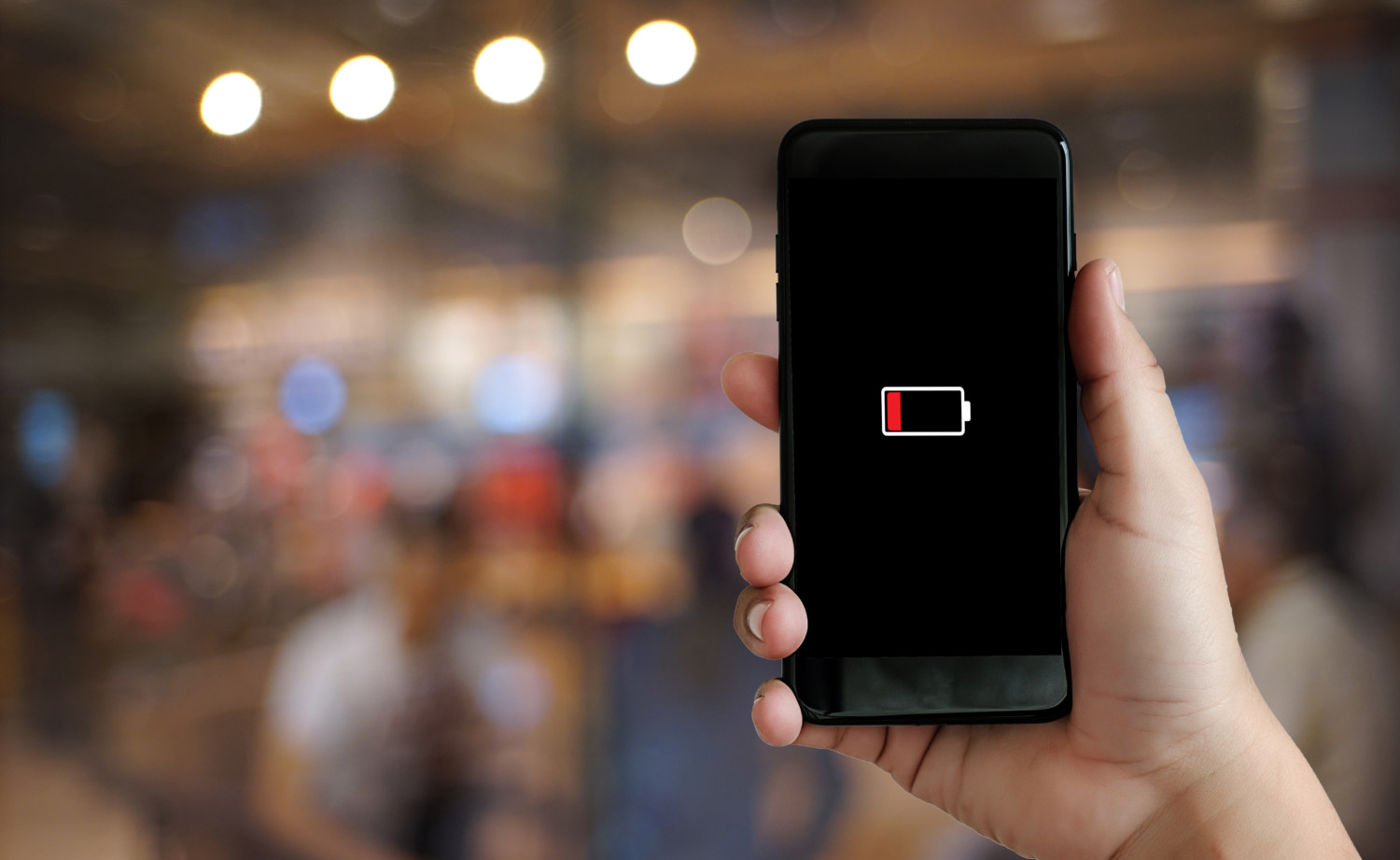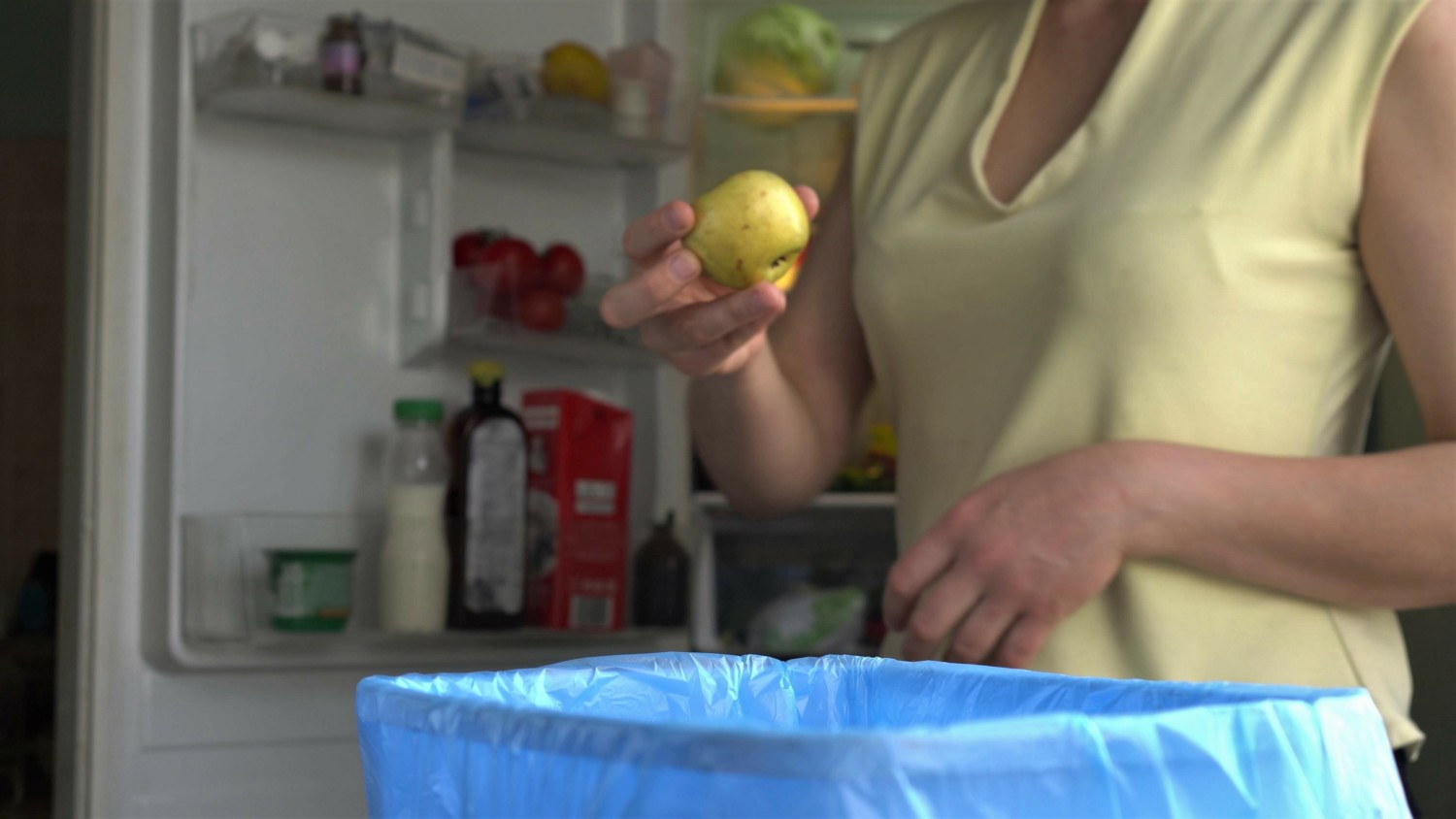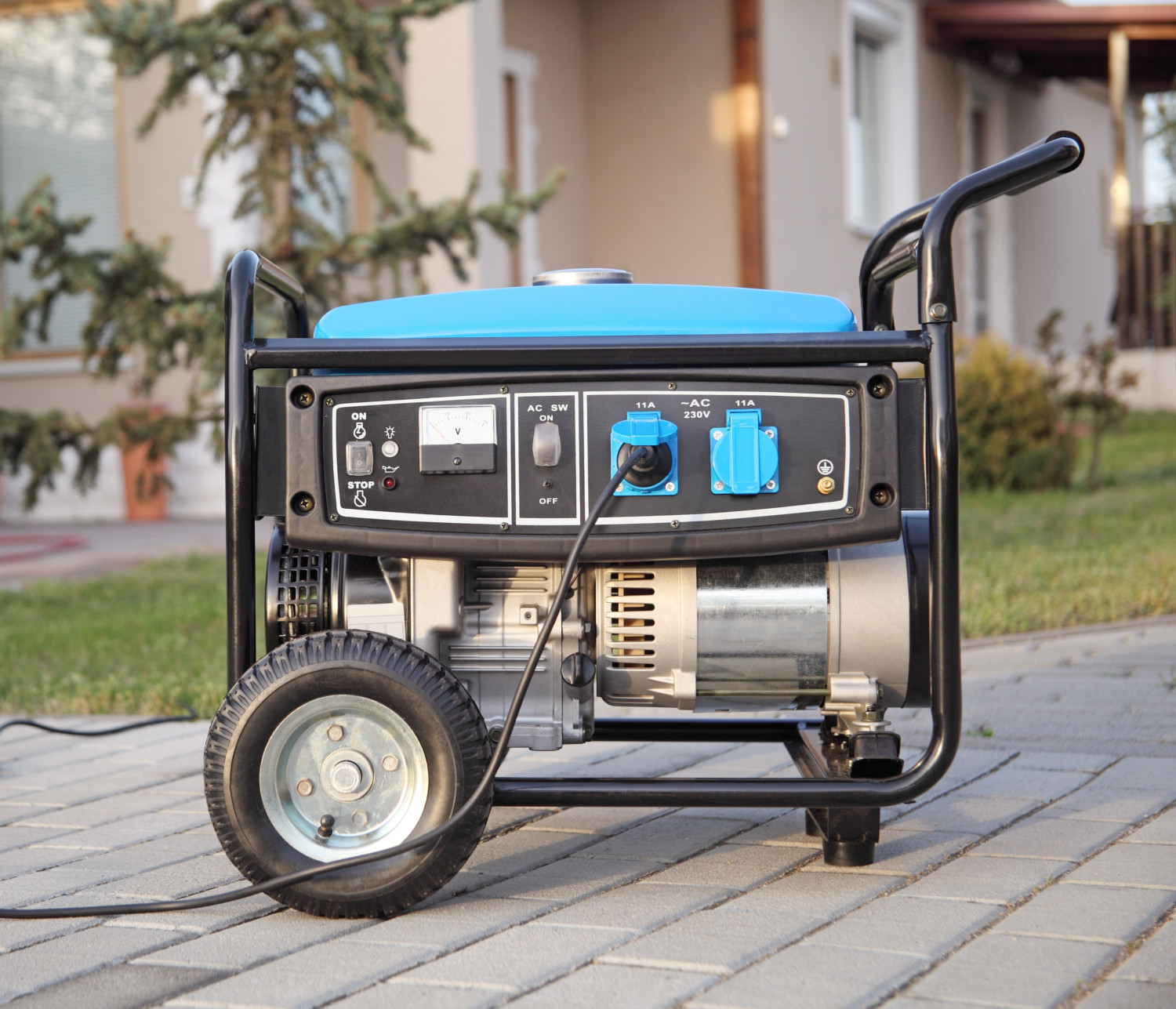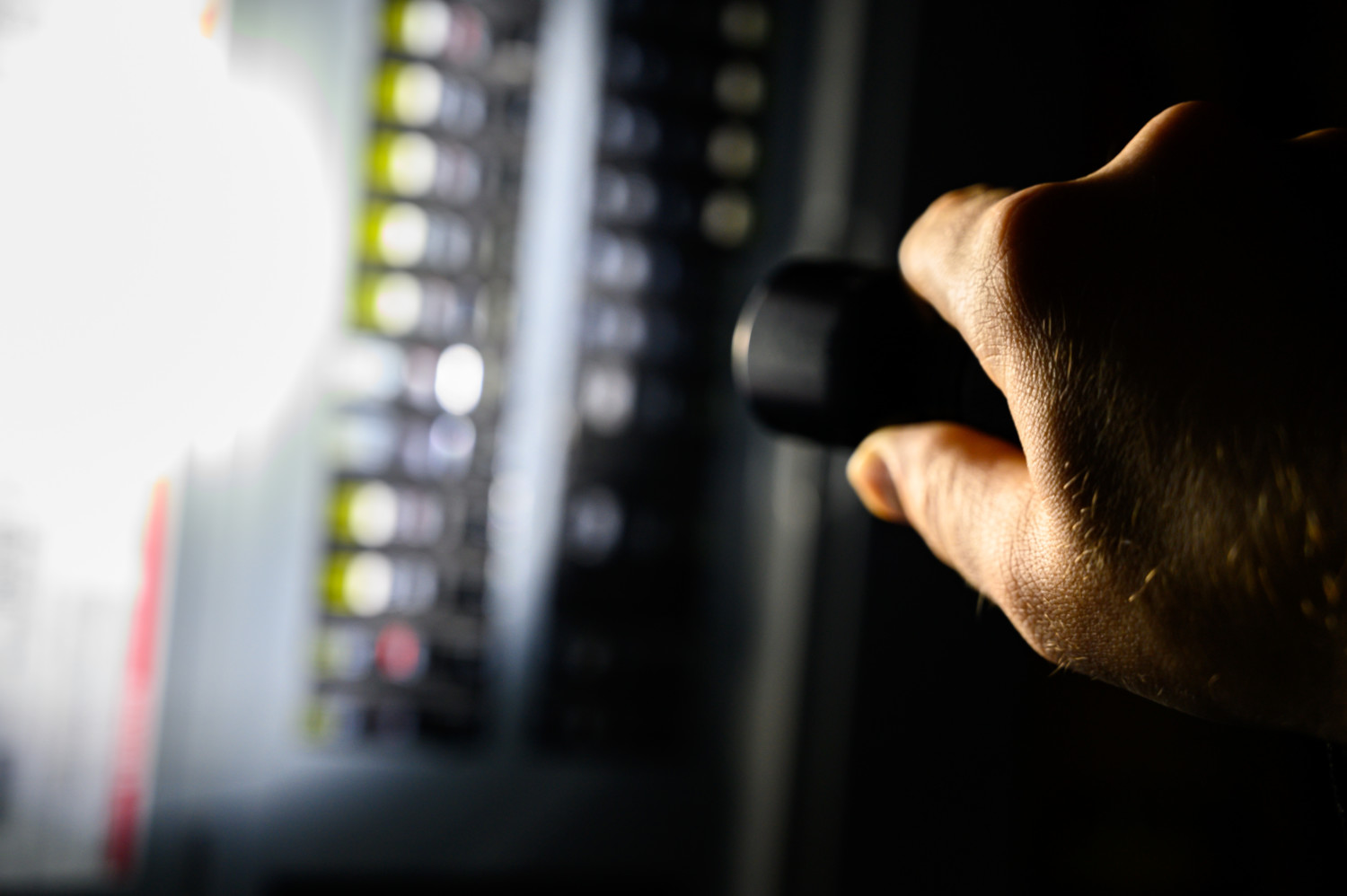While inconvenient, most
power outages don’t leave you in the dark for all too long. But when a storm hits, and the
power goes out for hours, or even days, the prolonged outage can cause some major challenges and even safety concerns.
Here are six expert-approved strategies to help you prepare for, and safely endure, a prolonged power outage.
Preserve Your Cell Phone Battery
When the power goes out, and you’re bored at
home, it can be tempting to play
games on your phone or scroll through social media to stay entertained. But, to save some battery power, it’s best to turn on your phone’s energy-efficient, low power mode. Reducing screen brightness, restricting apps with high battery usage and turning off
keyboard sounds are some other ways to
ease up on your battery use.
Also, write down important phone numbers and addresses in case your cell phone battery dies and you don’t have power to recharge it.
Local storm shelters may have power and allow you to recharge your devices and connect with family and friends.
Consumer Reports recommends bringing a power strip so that you can charge multiple devices and share your charging station with others.
Keep Your Fridge And Freezer Closed
Your fridge can keep your food safe for up to four hours during a power outage, and your freezer can keep it for up to 48 hours, according to
FoodSafety.gov. During the outage, keep your refrigerator and freezer doors shut so that cold air doesn’t escape.
If the outage is longer than four hours, you’ll need to toss perishable foods like meat, poultry, fish, eggs and leftovers. Even after the four-hour window, food can spend another two hours above 40 degrees Fahrenheit before it becomes unsafe to cook, according to
Consumer Reports. (Here’s
a chart to help you discern which foods need to be tossed and which can be kept after an outage).
The Red Cross recommends keeping a digital quick-response thermometer to check the temperatures of food to determine whether they stayed cool enough during the outage. Also, coolers (even an inexpensive styrofoam one) filled with ice can help keep your food cold during prolonged blackouts.
Know How To Store Your Medication
Prior to a natural disaster, it’s important to talk to your medical provider about a power outage plan for medical devices powered by electricity and for refrigerated medicines, advises the
Federal Emergency Management Agency (FEMA).
Know how long your medication can be stored at higher temperatures and get specific guidance for any medications that are critical for life. Water, heat and humidity are all factors that can alter your medication’s effectiveness,
health officials say.If You Have A Generator, Be Sure To Use It Safely
Running a generator improperly can be deadly, health and safety experts warn. These portable machines can emit dangerous levels of carbon monoxide, which is known as an “invisible killer” because it’s colorless, odorless and tasteless. In fact, more than 150 people in the United States die every year from accidental non-fire-related carbon monoxide poisoning associated with consumer products, including generators, according to the
United States Consumer Product Safety Commission.
You should never operate a portable generator inside your home or garage, cautions Consumer Reports. Rather, operate as far from the house as possible — at least 20 feet, advises FEMA. Direct the exhaust away from doors or windows.
If you have a
generator, FEMA recommends installing carbon monoxide alarms in central locations on every level of your home and outside bedrooms. That way, you’ll get an early warning if carbon monoxide starts to accumulate.
Power Off Your Appliances
When power returns, it could have momentary surges or spikes that could potentially cause electrical damage. For this reason, it’s a good idea to go through your home and turn off or disconnect appliances, equipment and electronics, recommends FEMA. The Red Cross does recommend leaving one
lamp turned on so that you’re aware when power is restored.
Another option, if you’re comfortable, is shutting off your main circuit breaker. Also, safety experts at the Red Cross recommend using a flashlight as a source of light instead of
candles, which could tip and cause a fire.
Have An Evacuation Plan
Emergency planners recommend having a
household evacuation plan that includes your pets. The Red Cross has templates you can use to create these types of plans, which includes coming up with meeting spots should family members become separated, plus assembling an
emergency preparedness kit should there be a prolonged outage.
Consumer Reports also recommends checking in on your neighbors if you can do so. Elderly neighbors may have trouble in extreme temperatures or navigating their home without lights.
Having a plan in place and understanding safety protocols for power outages can help reduce the stress should your area lose power for a prolonged period of time.











